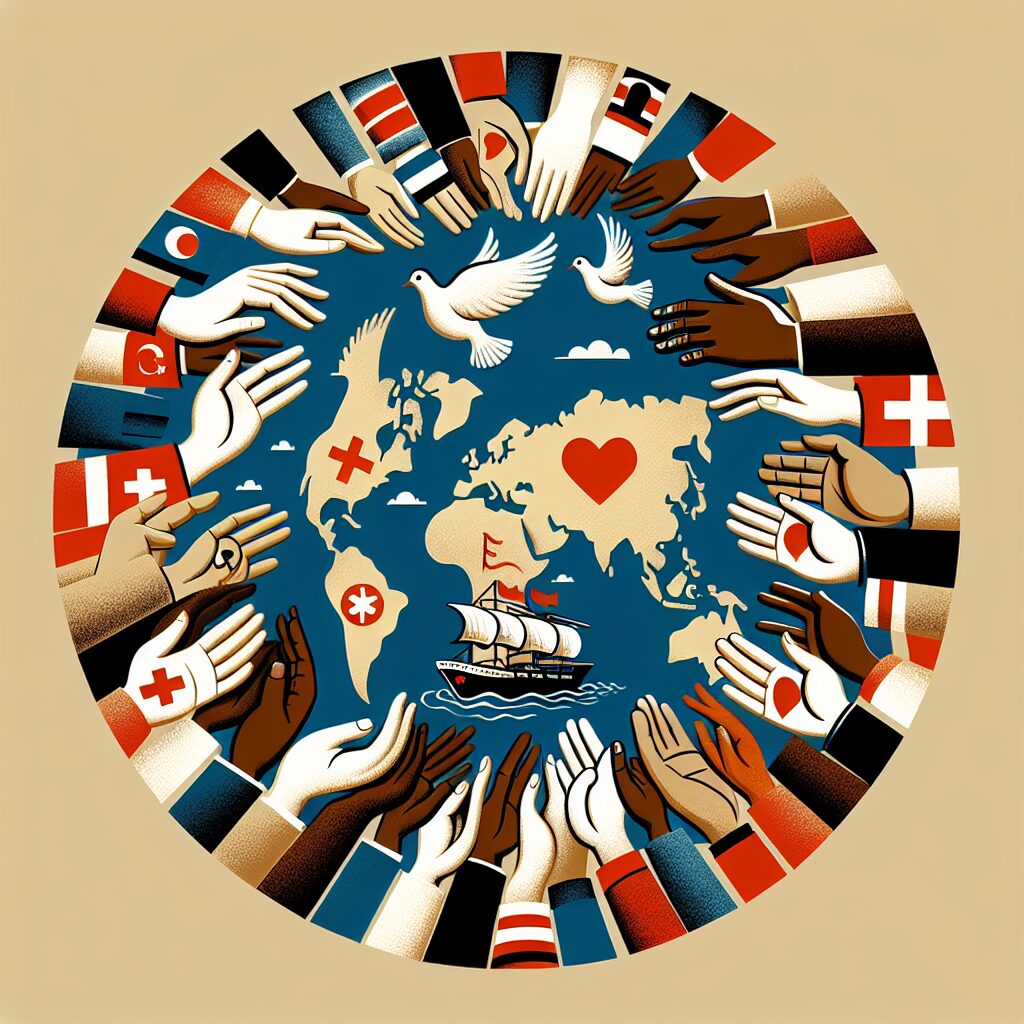The Silent Tragedy: 427 Rohingya Lives Lost at Sea
Imagine a night sky, vast and star-studded, contrasting sharply with the violent, churning sea below. Now, picture hundreds of fearful faces, seeking safety but met with the merciless ocean. This heart-wrenching scenario unfolded this May, when, according to the United Nations, around 427 Rohingya, a persecuted minority from Myanmar, are feared dead following two devastating shipwrecks off the coast of Myanmar.
The news is a somber reminder of the unbearable choices faced by the Rohingya community, seeking refuge from relentless persecution in their homeland. The announcement by the UN didn't just highlight a tragic event; it underscored a crisis: How desperate must one be to risk the unknown sea over the known hell?
The Unseen Horizon: The Journey of Despair
The Rohingya, often described as "the world’s most persecuted minority," have faced years of violence and discrimination in Myanmar. Their plight intensifies as neighboring countries grapple with influx control, leaving thousands to make perilous journeys on unsafe vessels. The two shipwrecks on May 9 and 10 serve as a grim testament to their ongoing trial.
Faces Behind the Figures
The numbers are stark. Yet, each digit encapsulates a universe of human experiences: mothers, fathers, children whose hopes for a peaceful life were swallowed by the sea. These individuals sought nothing more than safety, an end to their nightmares. But where does one turn when all doors seem bolted shut?
The Global Echo: A Call to Action
The world’s response to such crises often feels offset by political agendas and bureaucratic hesitancy. However, narratives like these should transcend geopolitical boundaries, urging global communities and leaders to rethink refugee support and international protection. Countries and international bodies must find humanity within their policies to prevent such tragedies.
**What Can We Do?**
Every story of loss kindles a flame of activism. By staying informed, supporting refugee aid organizations, and advocating for policy reform, we can contribute to a sea of change. We must be the voice for those lost whispers drowned out by the waves.
Conclusion: Remembering the Rohingya
As the news cycle moves on, the echo of the 427 lost lives must not fade into oblivion. These incidents are stark reminders of ongoing crises that require more than temporary lamentations. Let's reflect, discuss, and act. They deserve more than being mere footnotes in history. How will we answer humanity’s call?
For more thoughts on global human rights, explore our related posts:
Learn more about the Rohingya Crisis: NDTV
FAQ Section
**Q: What are the primary reasons behind Rohingya migration?**
A: The Rohingya flee Myanmar due to severe persecution, violence, and lack of basic human rights, seeking safety elsewhere.
**Q: How can I help or get involved with the Rohingya crisis?**
A: Consider donating to humanitarian organizations focused on refugee relief, or participate in advocacy and awareness campaigns.
**Q: Are there safe legal pathways for the Rohingya seeking asylum?**
A: Legal pathways exist but are often limited and require international cooperation to be effective and accessible.
**Q: What has been the international response to the Rohingya crisis?**
A: While there has been significant global condemnation and some refugee resettlements, the response often lacks consistency and long-term solutions.
**Q: How can awareness lead to change in such crises?**
A: Awareness can drive public opinion, influence policy changes, and increase humanitarian aid, contributing to better outcomes for affected populations.
Hashtags
#RohingyaCrisis #RefugeeRights #HumanRights #GlobalAwareness #ActNow #StandWithRohingya
The tragedy of May's shipwrecks isn't just a momentary glimpse into the struggles of the Rohingya—it's a persistent alarm that demands our attention and action. Let us not allow their cries to go unheard.
